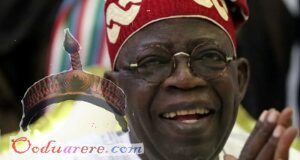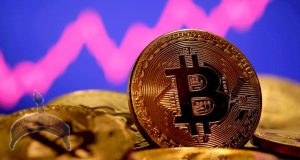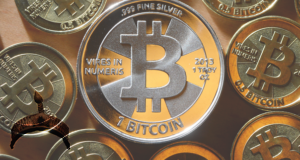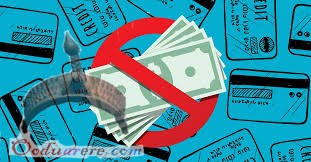Consumer prices in Africa’s largest economy Nigeria moderated for a 14th consecutive month in March, the National Bureau of Statistics (NBS) reported on Thursday.
The Consumer Price Index, which measures inflation rate improved to 13.34 percent in the month of March, a 0.99 percent less than the 14.33 percent filed in February. Making it the lowest inflation rate since OPEC and non-OPEC agreed to cap production for the first time in almost a decade in November 2016.
Also, Food gauge that has been on the rise for the most part of 2017 moderated to 16.08 percent year-on-year in March, down from the 17.59 percent recorded in February. The figure shows economic improvements have started filtering through key sectors as more businesses now have access to foreign exchange at an affordable rate.
On a monthly basis, the inflation rate surged 0.83 percent in the month, 0.05 percent higher than the rate recorded in February.
Mr. Godwin Emefiele, the governor of the Central Bank of Nigeria said during the last Monetary Policy Committee meeting held in Abuja that the apex bank left interest rate unchanged at 14 percent to better strengthen the impact of monetary policy on inflation.
The governor argued that adjusting current monetary policy rate may pressure the naira against the U.S. dollar and hurt current progress in consumer prices.
The nation plunged into economic recession for the first time in 25 years in 2016 after global oil glut eroded 70 percent of its foreign revenue.
 Ọmọ Oòduà Naija Gist | News From Nigeria | Entertainment gist Nigeria|Networking|News.. Visit for Nigeria breaking news , Nigerian Movies , Naija music , Jobs In Nigeria , Naija News , Nollywood, Gist and more
Ọmọ Oòduà Naija Gist | News From Nigeria | Entertainment gist Nigeria|Networking|News.. Visit for Nigeria breaking news , Nigerian Movies , Naija music , Jobs In Nigeria , Naija News , Nollywood, Gist and more









